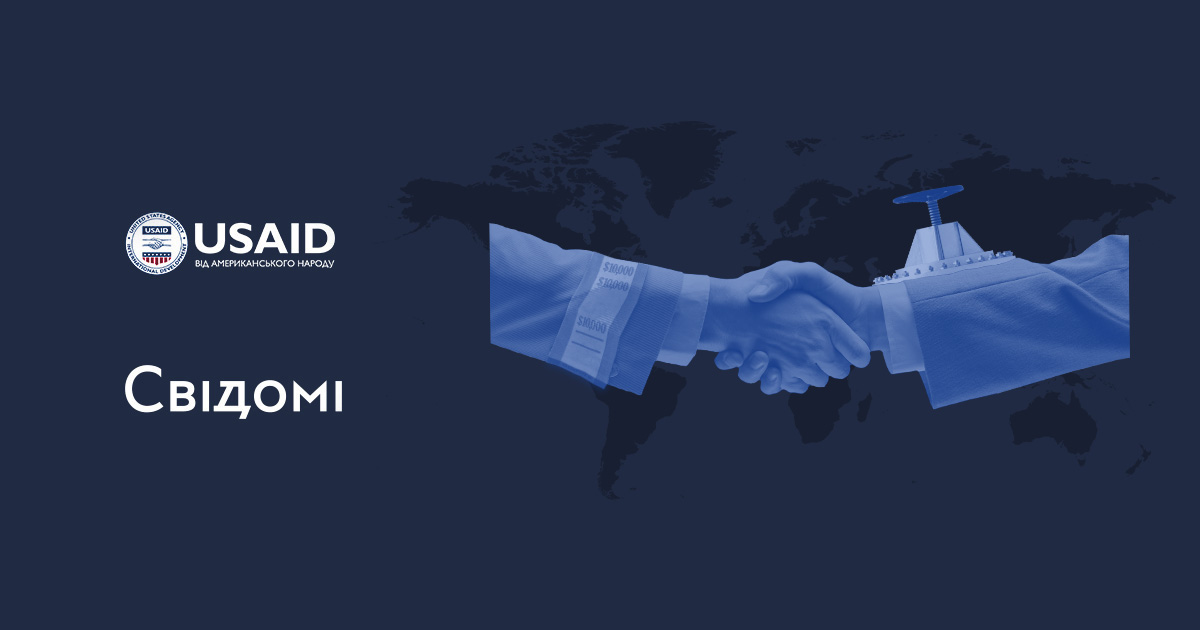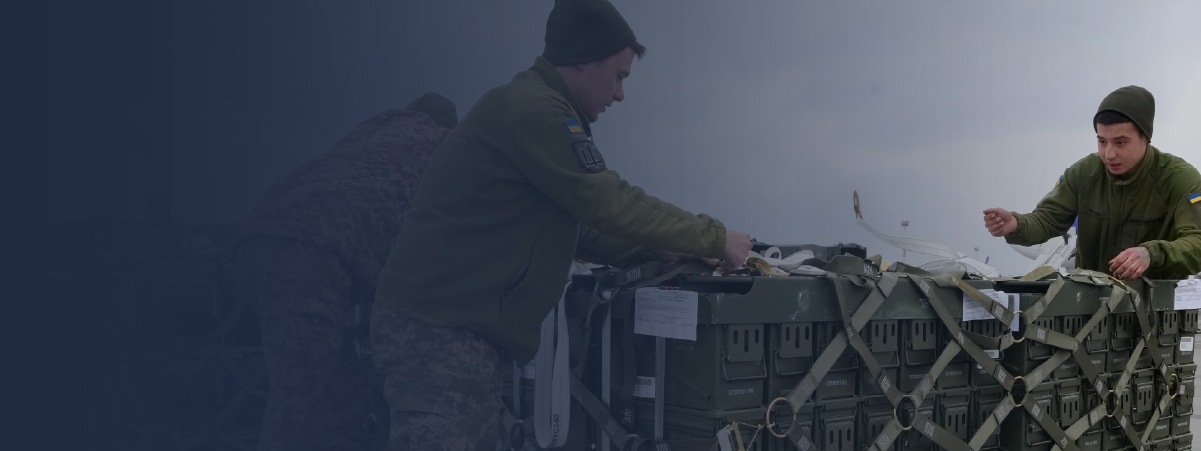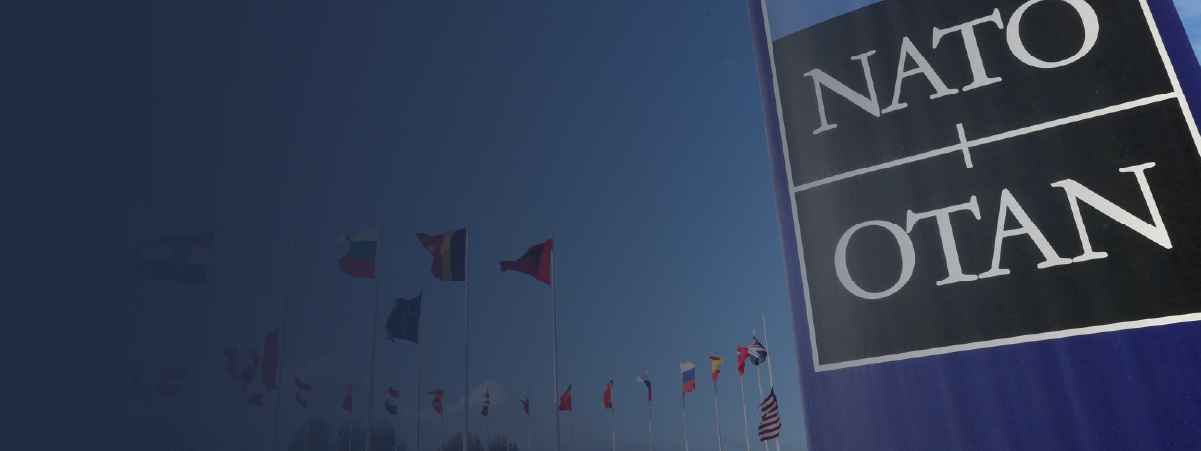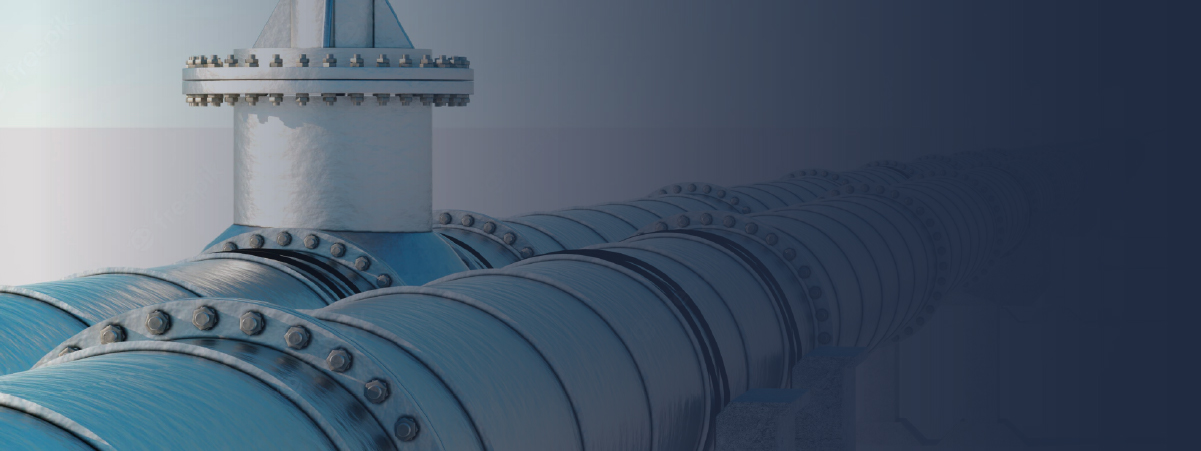What can the relations between the West and Russia be like in the future?

Russia's war against Ukraine was a world-historical event that ended the post-Cold War era and gave rise to a new one.
Edward Lucas, a British journalist and expert at the Center for European Policy Analysis, believes that the West still needs to understand how to deal with Russia after Putin.
Dmytro Sherengovskyi shares a similar opinion. Vice-Rector for Academic Affairs and Internationalisation at the Ukrainian Catholic University believes that today the West applies the principle of "let Ukraine win first, and then we will sort it out."
"Svidomi discusses with Sherengovskyi how relations between the West and Russia will develop after the war in Ukraine, whether it is possible to denazify Russia, and what Ukraine's foreign policy will focus on.
Cooperation between the West and Russia
Dmytro Sherengovskyi believes that in the medium term, after the end of the war, rapid restoration of the close cooperation between the West and Russia looks doubtful. Still, in the long term, it is possible.

"I doubt that relations between the West and Russia will develop according to the Iranian or North Korean scenario. Sooner or later, they will have to cooperate, but the question is on what terms. It depends on what the theatre of operations will look like in the future and where the war in Ukraine will end," Sherengovskyi says.
He is convinced that currently, Western partners do not understand how to interact with Russia.
"If you look at the latest US national security strategy, they point out that Russia is not the biggest threat, unlike China. For them, Russia is a challenge that needs to be levelled. Therefore, they believe that at least some kind of liberal discourse needs to be restored within Russia. We can talk about regime change, but not collapse," the scholar says.
However, Sherengovskyi notes that regime change in Russia does not mean that "Russian liberals" will come to power.
What can Russia be like?
Dmytro Sherengovskyi examines various options for the development of events in Russia. If the current regime remains, changes in the country are out of the question. "We can see from the practice of sanctions policy that, basically, it is possible to survive. North Korea and Iran live like this," he says.
Another thing is if Russia does experience a sharp change of power. "If there is a more or less sane government in Russia that recognises the war, makes reparations, and wants to return to the global economy, with which it will be possible to talk, then it will be possible to disable certain sanctions regimes, including renewal permits, to conduct trade on a point-by-point basis," the analyst says.
However, Sherengovskyi is convinced that the experience of postwar Germany will not work for Russia. "The main aspect of Germany is that the country was under occupation at the time. I don't think any country will want to occupy Russia," he says.
What will Ukraine's foreign policy be like?
In the short term, Ukraine's foreign policy will mainly focus on the "Ramstein format" (diplomatic meetings of defence ministers to synchronise and accelerate the provision of military weapons to Ukraine - ed.), as well as multilateral relations with the EU.
"We need not only weapons but also humanitarian and macro-financial assistance. In fact, we are now living in a situation where we will collapse without financial assistance because this is also a war of economies. So this is what our diplomats will focus on," says Sherengovskyi.
According to him, there are three main vectors of Ukraine's foreign policy: Euro-Atlantic (Ukraine's accession to the EU and NATO), the strategy of small alliances (creation of small regional partnerships such as the Lublin Triangle, the Ukraine-Turkey quadrilateral, the UK-Poland-Ukraine alliance, and the Associated Trio of Ukraine, Moldova, and Georgia), and the development of cooperation with Latin America and Africa.
"The formula of small alliances is now somewhat in the background, but I think it will be quite active. Many politicians and experts like this model, including the recent meeting of the presidents of the Lublin Triangle in Lviv. Many people also like the idea of a British-Polish-Ukrainian alliance, but its format is yet to be clarified. The work in the quadriga format (military and political cooperation between Ukraine and Turkey - ed.) is somewhat more complicated," he adds.
Dmytro Sherengovskyi believes that the problem in working with Latin America is that Ukraine lacks a strong presence there. "I would not say that there are anti-Ukrainian sentiments in this region. They are not pro-Russian; rather, Russia is using anti-Western rhetoric, which is inherent in the region," Sherengovskyi says.
NATO-Ukraine cooperation

Oleksandr Kraiev, Director of the North America Program at the Foreign Policy Council Prism UA, says that the Swedish-Finnish option is the best for Ukraine. "When Sweden and Finland started their accession to NATO, Russia began to build up forces in these areas and threaten them in every possible way. But the countries almost immediately provided "interim guarantees" to the United States and the United Kingdom, after which Putin said that Russia had no claims against those countries," the expert says.
He explains that these guarantees are equivalent to Article 5 but apply to countries not yet in NATO. "The option where Ukraine joins NATO, but while it is still settling structural and political issues, the United States and the United Kingdom provide interim guarantees seems to be the most adequate. It will allow us to gain security, and it will not look like an escalation to the West," Kraev said.
Dmytro Sherengovskyi is convinced that Ukraine does not need the Swedish-Finnish scenario. In his opinion, this format was appropriate before the full-scale invasion. However, he is sure that after the war is over, the issue of Ukraine's accession to the Alliance will be resolved.
"NATO does not have a clearly defined accession procedure, unlike the EU. However, the updated NATO strategy until 2030 shows the factor of cooperation with third countries. Today, NATO countries provide Ukraine with conventional weapons, advice, intelligence and physical support," he says.
The analyst believes that the processes Ukraine is going through now — supplying weapons, training the Ukrainian military and changing command systems — will positively impact its accession to the Alliance.
Ukraine must be strong
Sherengovskyi says that after the war, Ukraine will face many challenges affecting its security and position in the international arena.

Most of these challenges depend on how the war ends. He believes that winning conventional warfare does not mean the war will not continue in a hybrid form.
"After the war, we will face a large number of both internal and external challenges. So we will need to continue to promote our interests and be strong," he says.


